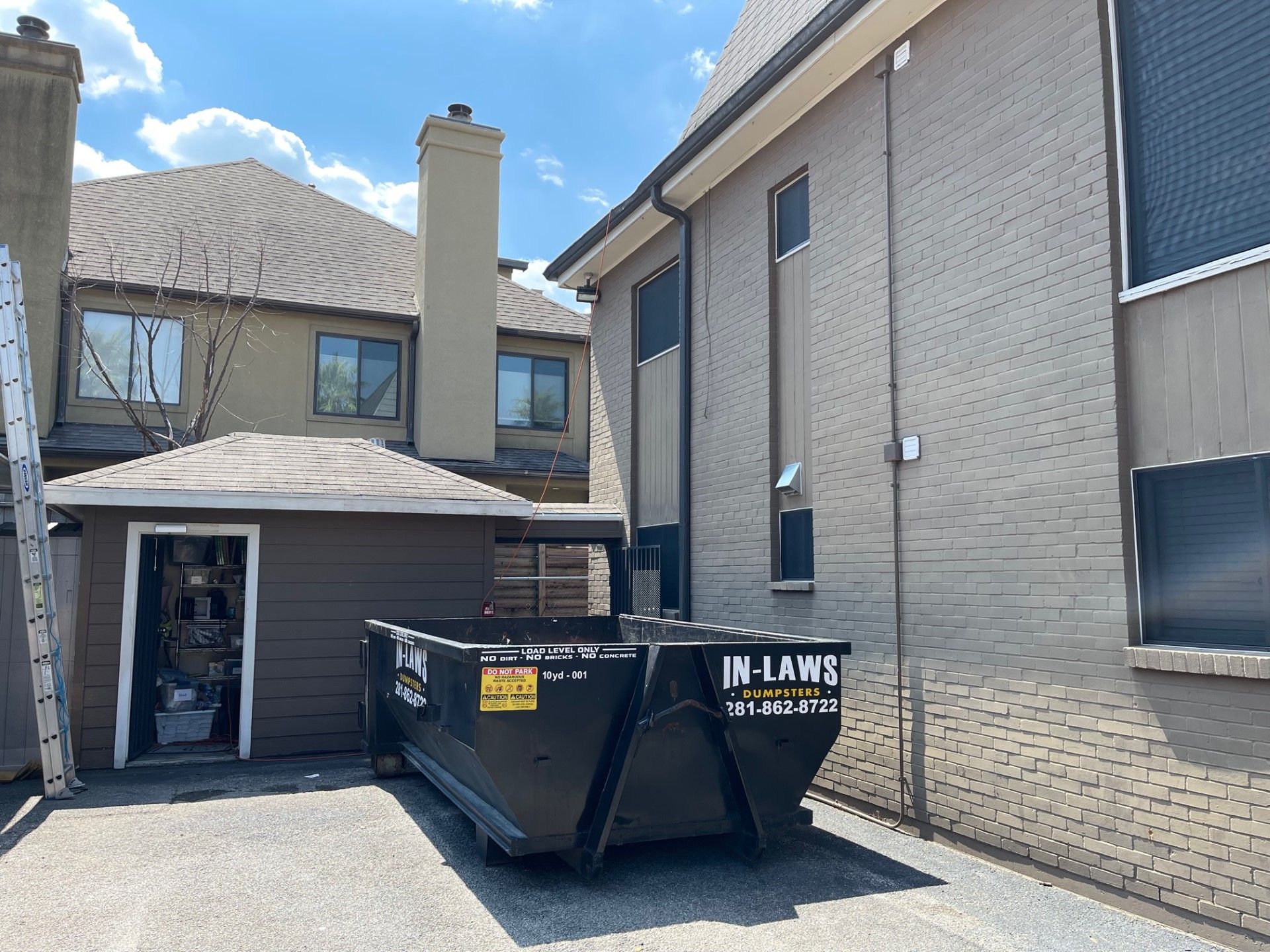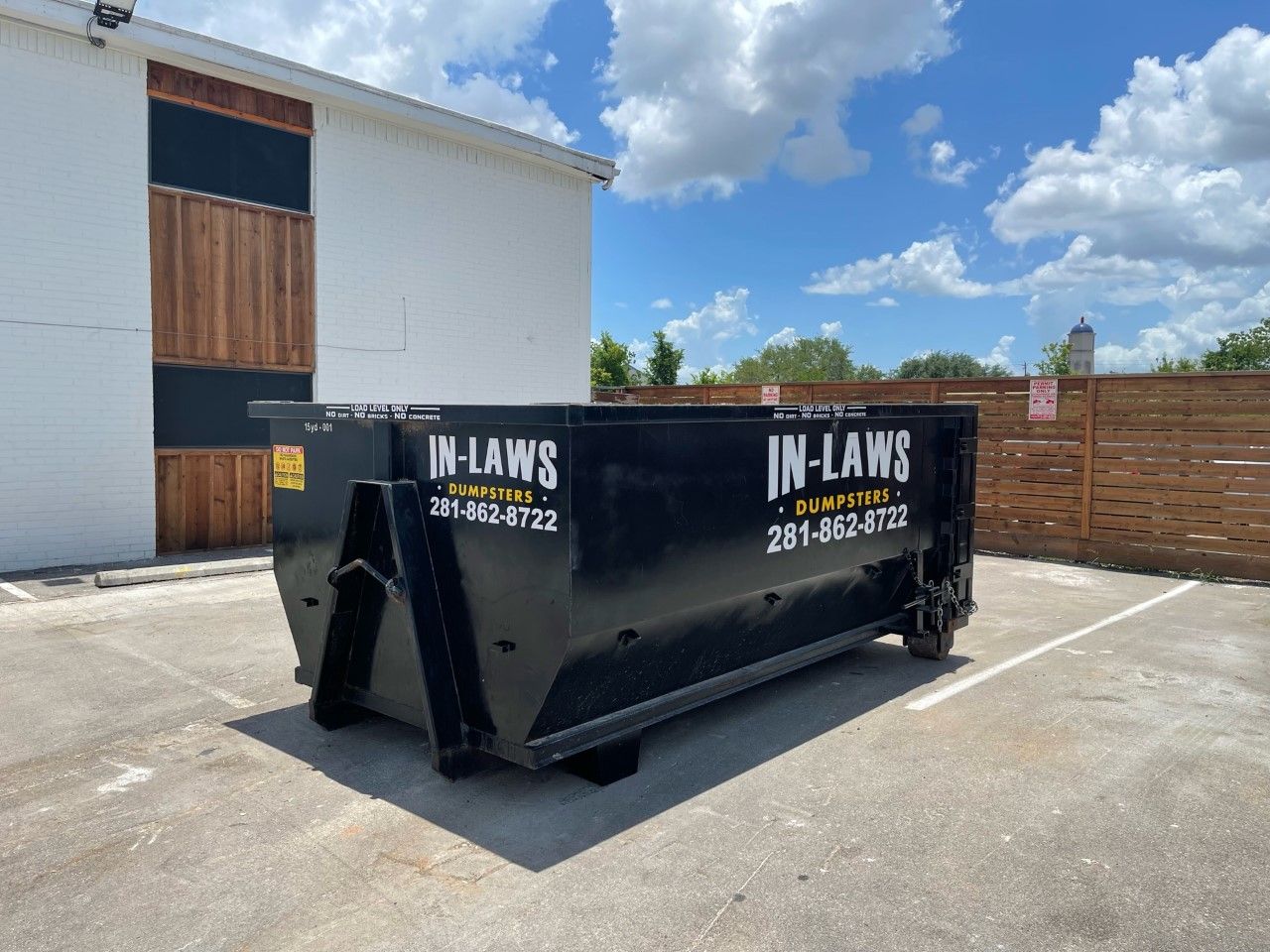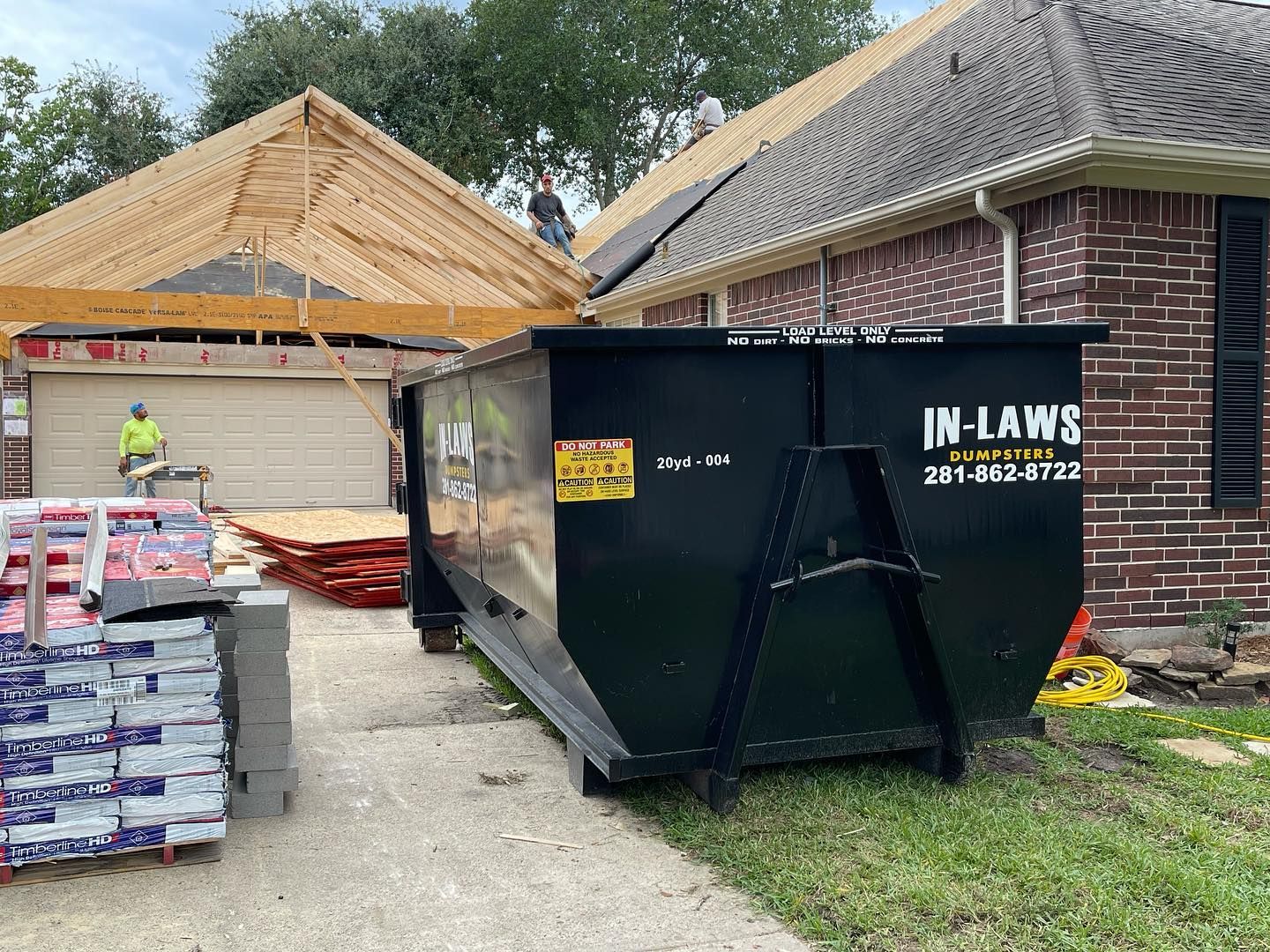Texas Illegal Dumping: Understanding the Problem and How to Solve It
Stopping Texas Illegal Dumping: Solutions, Risks, and How Dumpster Rentals Make a Difference
Illegal dumping in Texas is an issue that continues to affect both urban and rural communities, damaging the environment, reducing property values, and creating hazards for public health. If you drive down a back road and notice tires, appliances, or bags of trash scattered in the landscape, you've seen the results of illegal dumping in Texas firsthand. Addressing this problem requires cooperation from individuals, businesses, and local governments—and continues to be essential for the well-being of Texas's communities.
What Is Illegal Dumping in Texas?
Illegal dumping occurs when waste—such as household trash, construction debris, appliances, tires, or other materials—is discarded without authorization on public or private property, rather than being properly managed through legal waste channels. This includes dumping on roadsides, vacant lots, alleys, rural lands, or even in waterways.
In Texas, common items found at illegal dumping sites include:
- Household garbage and junk
- Construction materials and debris
- Old appliances and furniture
- Tires and automotive parts
- Yard waste and brush
The unauthorized disposal of these materials can happen intentionally to avoid disposal fees, or due to a lack of awareness about proper waste management options.
Why Is Texas Illegal Dumping a Problem?
The impacts of illegal dumping in Texas ripple through communities in many ways:
- Environmental Damage: Dumped waste can introduce toxins, chemicals, and pollutants into the soil and water, threatening local ecosystems, wildlife, and even sources of drinking water.
- Health Hazards: Piles of garbage and debris attract rodents, insects, and other pests, increasing disease risks. Items like tires can collect rainwater, creating breeding grounds for mosquitoes that spread harmful viruses.
- Property Devaluation: Unsightly dumping sites can deter would-be homebuyers and investors, leading to lower property values and slower neighborhood growth.
- Taxpayer Costs: Cleaning up illegal dumping drains public resources. Local governments spend millions annually to remove unlawful waste, diverting funds away from roads, parks, and public safety.
- Community Image: Persistent dumping sites give the impression of neglect, which can encourage further illegal activity and reduce community pride.
Texas Laws on Illegal Dumping
The Lone Star State takes Texas illegal dumping seriously. There are strict laws and financial penalties for those caught dumping illegally. Depending on the amount and type of waste, penalties range from fines to jail time:
Offense, Fine, or Jail Time
- Small-scale dumping (<500 lbs or 100 ft³) Up to $500 Up to 30 days county jail
- Larger dumping (500 lbs+ or hazardous) Up to $4,000 Up to 2 years in state jail
- Repeat or aggravated violations, even higher increased jail sentences
Enforcement occurs at the state, county, and local levels. Law enforcement agencies, TxDOT, and local code enforcement officers patrol for violations. Convictions not only carry fines and potential jail time but may result in criminal records.
Common Sources of Illegal Dumping in Texas
Who is responsible for dumping?
- Construction Contractors: Sometimes to avoid disposal fees, contractors illegally dump construction debris on remote lands.
- Businesses: Some businesses dispose of old furniture, equipment, or hazardous materials illegally to cut costs.
- Individuals: Homeowners or renters looking to avoid landfill trips may dump household waste in alleys, fields, or behind properties.
Regardless of motive, dumping hurts everyone.
How to Report Illegal Dumping in Texas
Citizens play a key role in fighting illegal dumping. If you encounter an illegal dump site or witness dumping in progress:
- Gather details: Note the location, date, and description of materials dumped. If possible, obtain vehicle information.
- Contact local authorities: Report to your city's code enforcement, county sheriff, or the Texas Commission on Environmental Quality (TCEQ).
- Engage with community clean-up events: Many cities and counties sponsor programs to tackle illegal dump sites.
Reporting helps prosecute violators and ensures swift clean-up.
The Importance of Proper Waste Disposal
Texas offers a range of legal, environmentally friendly ways to dispose of waste:
- Municipal garbage and recycling programs
- Household hazardous waste events
- Bulky item collection dates
- Authorized landfills and transfer stations
Using legal disposal methods helps reduce illegal dumping across Texas and its associated problems. Many residents find that renting a dumpster is one of the most efficient ways to manage large volumes of waste.
How Dumpster Rentals from In-Laws Services Can Help Prevent Illegal Dumping
One of the most effective ways to combat Texas's illegal dumping is to provide accessible, affordable waste disposal options. Dumpster rental services—like those offered by In-Laws Services—play a vital role in this solution.
Benefits of Renting a Dumpster with In-Laws Services
- Convenience: Delivered to your location, dumpsters are available in various sizes to fit any project, from small cleanouts to major renovations.
- Cost-Effectiveness: Bundled flat-rate pricing covers delivery, pick-up, and disposal, making budgeting simple and eliminating the temptation to dump illegally.
- Time Savings: With on-site disposal, you won’t need multiple trips to the landfill or worry about what materials local waste services will take.
- Flexible Options: Their dumpsters can handle a wide range of debris: construction materials, old furniture, yard waste, and general junk.
- Environmental Responsibility: Professional companies like In-Laws Services ensure collected waste is delivered to authorized disposal or recycling facilities.
Whether you’re a homeowner tackling a renovation, a contractor overseeing a building project, or a business managing routine waste, renting a dumpster means your trash winds up where it belongs—not scattered across Texas landscapes.
When Should You Consider Renting a Dumpster?
- Home cleanouts and estate sales
- Roof replacements or major renovations
- Community clean-up events
- Yard upgrades and landscaping
- Construction or demolition projects
By providing a legal and efficient disposal alternative, dumpster rentals shrink the avenues for illegal dumping and keep Texas clean.
Community Solutions: Working Together Against Illegal Dumping
Solving the statewide problem of illegal dumping in Texas requires collective commitment. Here’s how communities and individuals can help:
Education: Inform residents and businesses about the impacts and consequences of illegal dumping.
Access: Promote legal disposal options, including local landfills, recycling centers, and dumpster rental services.
Vigilance: Encourage the public to report dumping and participate in community clean-up initiatives.
Enforcement: Support strict enforcement of Texas's illegal dumping laws to deter violators.
Communities with robust waste management programs and accessible disposal options see fewer dumping issues and enjoy cleaner, safer neighborhoods.
Final Thoughts
Illegal dumping in Texas is more than a nuisance—it's an environmental and public health risk with significant social and economic impacts. The good news is that there are effective solutions: understanding the problem, following the law, making use of proper disposal methods, and relying on services like dumpster rentals from In-Laws Services can dramatically reduce illegal dumping.
When every Texan does their part, we can keep our state beautiful, healthy, and free from the blight of illegal waste. If you’re planning a renovation, construction, or major cleanout, consider a reputable dumpster rental to make sure your project remains both convenient and eco-friendly. Together, we can end illegal dumping in Texas, one project at a time.



